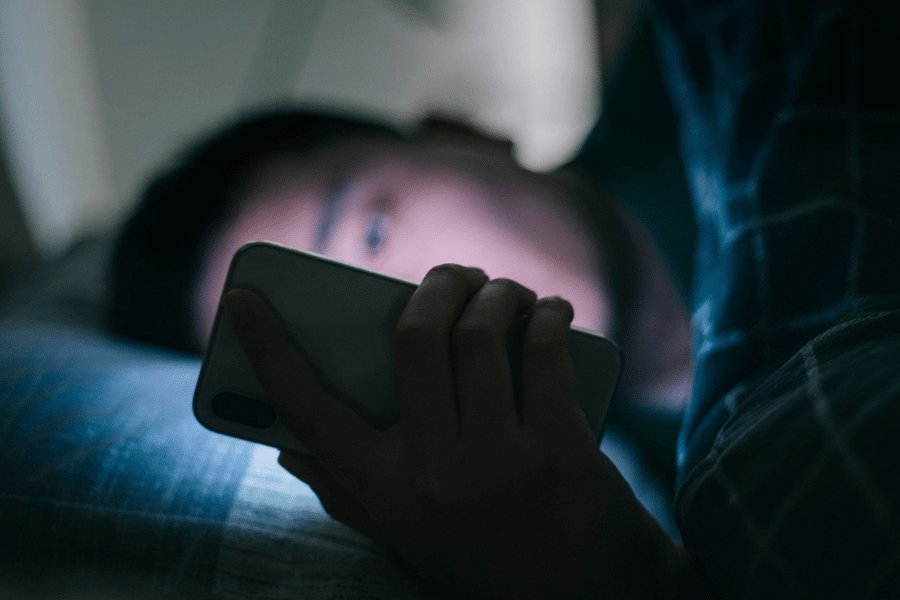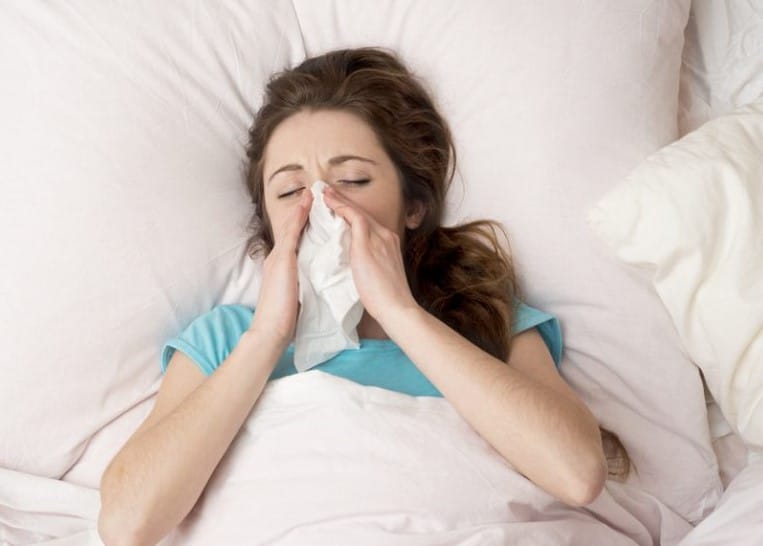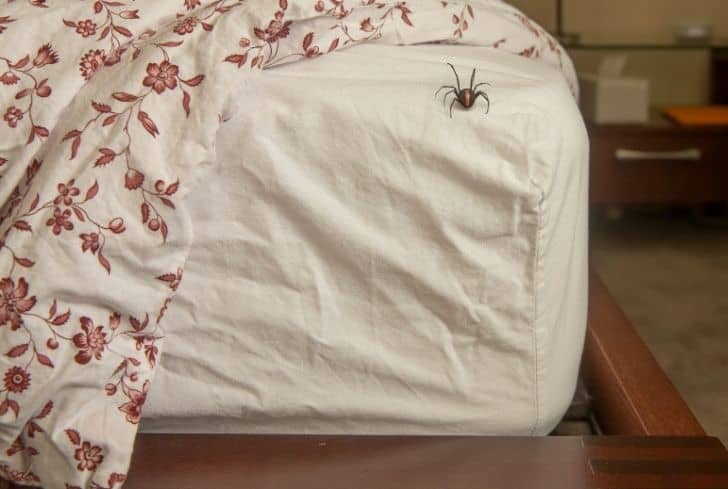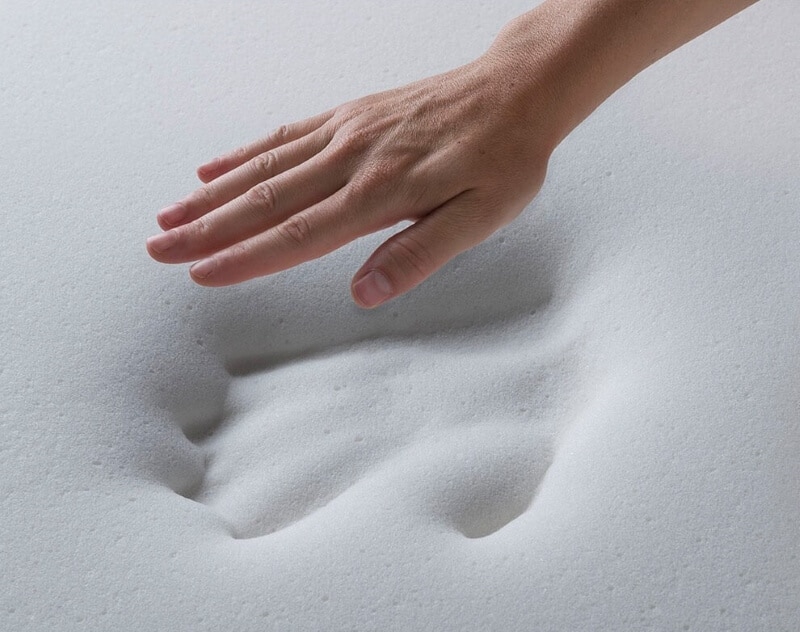

Every one in five Americans sleeps less than six hours per night. It is primarily the same reason people search for how to sleep 8 hours in 4 hours on the internet. It should be even more concerning that not all those who stay up at night are doing it because of overwork, stress, and insomnia: people belonging to Millennials and Gen Z groups willingly push their sleeping schedules because of their gadget distractions. To think of it, this form of sleeplessness is, even more, harming to the mind and body than anything.
Sleep deprivation increases the chances of memory loss and a lack of problem-solving. Extensive sleeplessness causes permanent damage to the front and parietal lobes of the brain. Sleep is also a direct link to how we perform during the day, and someone who wants to get a hold of their daily activities should consider fixing their circadian rhythm.
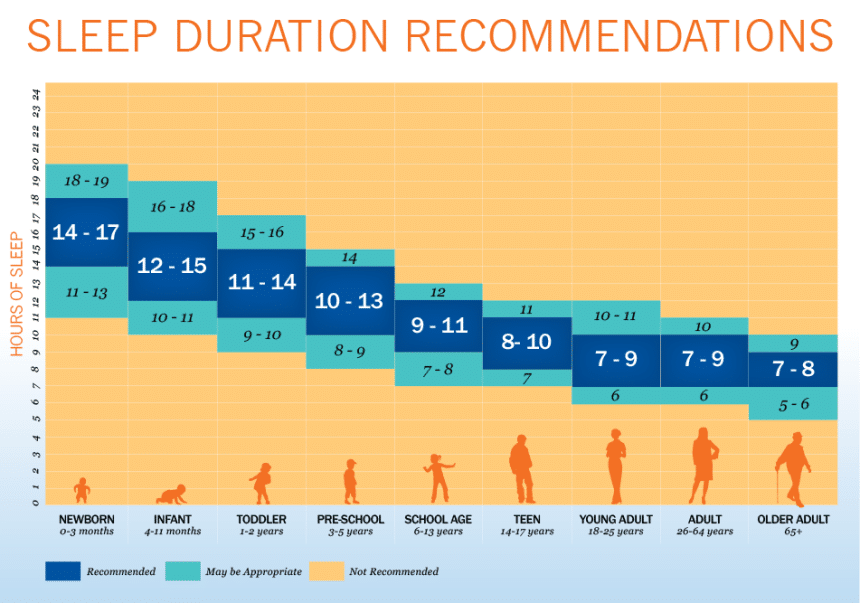
Everyone has different needs, and these statistics are just a guideline for getting good sleep. At the end of the day, if you only need to get 4 hours a day, you might have to improve the quality of your sleep. If it is just changing your pillow because it hurts your neck, you need to enhance your chances of getting better sleep.
Sleep is not a time where the whole of your body shuts off; the brain is quite active during the night and keeps a check on a variety of biological changes. The Rapid Eye Movement (REM) sleep cycles have been clinically proven to regulate memory functions, retention, learning, mood regulation, and brain development in children and teenagers. The better the REM sleep per night, the higher the quality of sleep.
Many factors influence good quality sleep. People complain that their bedding is not good, or if they get better pillows, they might be sleeping better. More often than not, people experience discomfort because they are not resting on good mattresses, and they are subconsciously ignoring the body aches they are getting from doing that.
The most important is to realize that sleep comes as naturally as possible. Fixating on diving straight into slumber might add additional pressure for your systems to wind down at their own time.
However, if you must increase the process, here are a few helpful tips that will help you relax faster and fall asleep quickly:
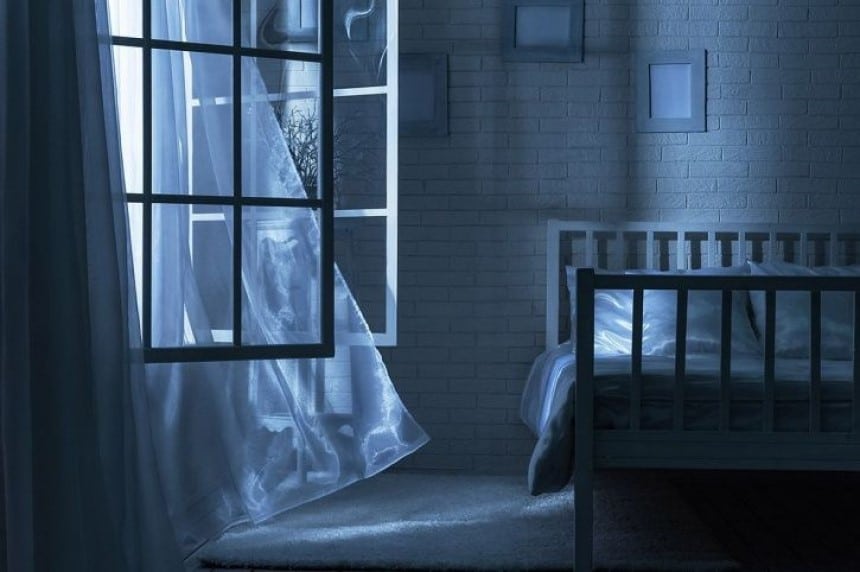
It can be dark around you, but with a faint blue light emitting from your phone, tablet, Kindle, even a digital clock at your bedside table, you will miss out on crucial REM sleep cycles. Hence, it is paramount that you plug out an hour or so before going to bed to allow melatonin to do its wonders. You can even try plugging out the switches for your TV, computer, or anything electronic that can distract you.
People seldom invest in air mattresses or best body pillows; however, these items are scientifically designed to provide body comfort and optimum sleep quality. Others provide crucial lumbar support for better spinal health.
If you want to fall asleep with a blink of an eye, try searching for better quality sleeping accessories. According to most reviews, the best foam mattress comes out to be Tuft and Needle’s Adaptive Foam Mattress. If you think about the best body pillow, look no further than Leacho Snoogle Chic Jersey Total Body Pillow, as it is the most recommended item due to its coziness.
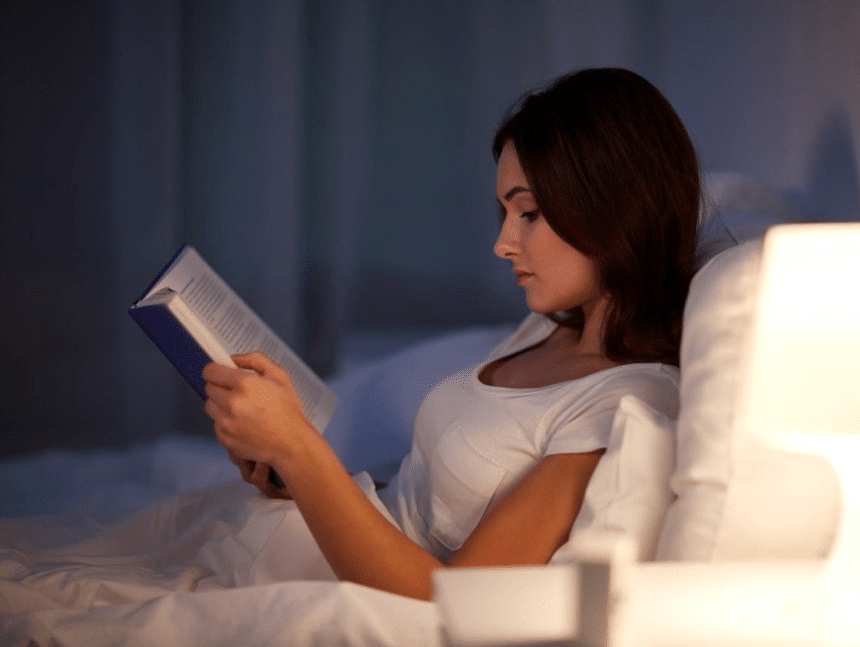
If you think that your body is adaptive enough, you can try manipulating the circadian rhythm. There are many ways to achieve that: the Uberman cycle, where you can take 6 to 8 naps of 20 minutes each throughout the day. Everyman cycle is another practice where people sleep for 3.5 hours straight, followed by three naps of 20 minutes each. In another method called the Biphasic sleep cycle, you sleep for 5 to 6 hours uninterrupted and follow it with one rest during the daytime.
If nothing else works, try to do a little exercise or take hot showers before bed. There are some military mindfulness tactics of imagining peaceful scenarios, which soothes the brain faster. You can also experiment with music therapy to settle down for the night.
Of course, it is no secret that sleeping for 4 hours will not compensate for the freshness of mind on an 8-hour sleep cycle. You can perform the daily tasks for a few days on this routine, but ultimately, you might feel burnt out. To increase that limit, all you can do is focus on the quality of sleep rather than the quantity of sleep.
Once you start focusing on the quality, you might even train your brain to go along. In the start, everything might feel like a burden, but with time, your body will adjust accordingly. You will have to find out how to sleep 8 hours in 4 hours and still feel refreshed the next day by trying all these different methods to boost quality sleep. Otherwise, you can still feel exhausted on an 8-hour sleep pattern.
Every one in five Trusted Source Sleep - Harvard Health Overview of sleep problems in adults and what to do about them. www.health.harvard.edu Americans sleeps less than six hours per night. It is primarily the same reason people search for how to sleep 8 hours in 4 hours on the internet. It should be even more concerning that not all those who stay up at night are doing it because of overwork, stress, and insomnia: people belonging to Millennials and Gen Z groups willingly push their sleeping schedules because of their gadget distractions. To think of it, this form of sleeplessness is, even more, harming to the mind and body than anything.
Sleep deprivation increases the chances of memory loss and a lack of problem-solving. Extensive sleeplessness causes permanent damage to the front and parietal lobes of the brain. Sleep is also a direct link to how we perform during the day, and someone who wants to get a hold of their daily activities should consider fixing their circadian rhythm.
